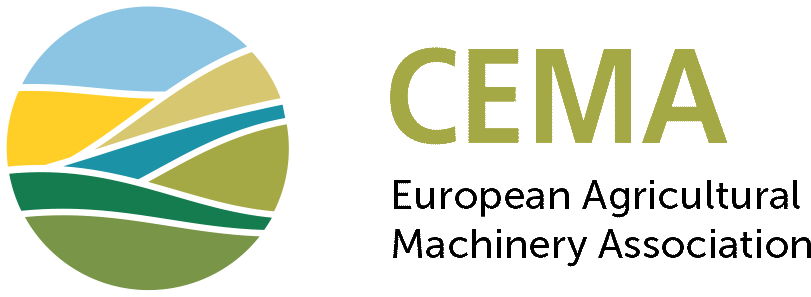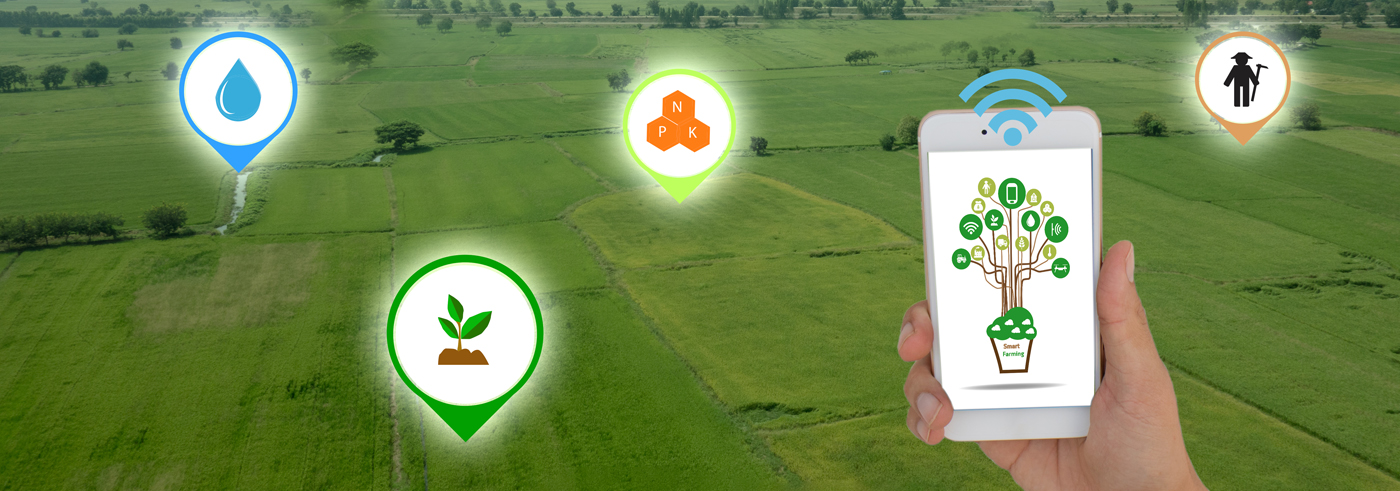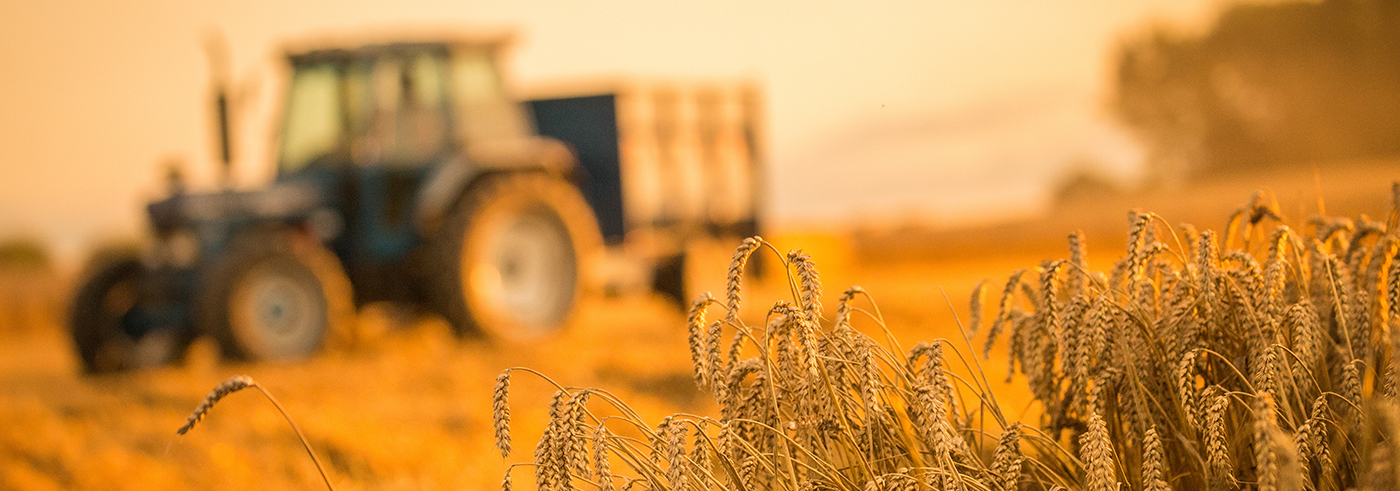Protecting bees: A holistic land management approach and an innovative sowing machine are the winners of this year’s edition of the European Bee Award
JOINT PRESS RELEASE ELO - CEMA
Hosted by MEP Karl-Heinz Florenz at the European Parliament in Brussels and in the presence of EU Director General for Environment David Calleja Crespo, this year’s prize was awarded to a Spanish project focusing on holistic land management practices and an innovative sowing machine for field margins.
Brussels, 5 December 2018 — The European Bee Award was established by the European Landowners’ Organization (ELO) and the European Agricultural Machinery Industry Association (CEMA) in 2014, to acknowledge innovative & practical ideas to protect pollinators in European farming. The 2018 Bee Award prizes were handed over last night to this year’s winners:
- "Vivencia Dehesa" a project whose main objective is to actively manage a private protected natural area in a sustainable way in order to improve biodiversity, is the winner of the “land management practices” award. Nora von Liechtenstein presented the project; while
- "Sem ‘Obord" an innovative sowing machine for field margins, presented by Amélie Mandel, received the “innovative & technological solutions” award.
Moreover, a special jury mention was granted to "Beescanning", represented by Mr. Bjorn Lagerman for inventing a tool which helps beekeepers save their bees by using artificial intelligence on their smartphone to analyse the health of bee colonies and provide early warning of parasite problems.
Karl-Heinz Florenz, MEP and host of this year’s Bee Award ceremony, stressed the need to act now and collectively in order to save the bees and pollinators overall, since their loss would have severe consequences for us all.
Karmenu Vella, European Commissioner for Environment with a video contribution congratulated the initiative as “a welcomed opportunity to share and communicate pollinator-friendly practices, since these practices are more important than ever before.”
Thierry de l’Escaille, Secretary General of ELO: “For land managers, pollinators are our friends in the field. Tonight’s winners have shown us that our love for pollinators is shared by so many. From technological innovators who create new bee-friendly tools, to local communities who bring together tourism, sustainable food production and bee conservation.”
On behalf of CEMA Gilles Dryancour, Honorary President, underlined how “farmers, beekeepers and machinery manufacturers need to work together to achieve the common objectives of bee protection and biodiversity conservation, we are not antagonists but join our forces in full-cooperation”.
In 2018, the European Bee Award competition received 17 applications from various European countries. Last night’s award ceremony gathered over 100 participants in the European parliament: bee-keepers, policy makers, landowners, academia and representatives of the agri-food sector exchanged best practices, while enjoying a festive networking evening celebrating bees and biodiversity.
- ENDS --
“Vivencia Dehesa”
Winner of the Category: “Land Management practices”
This year the award in the category “Land Management practices” was assigned to ‘Vivencia Dehesa’, a project with the main objective to actively manage a private protected natural area sustainably, in order to improve the biodiversity of the ecosystems present at state. The integral management of Vivencia Dehesa has been applied for over ten years in the 256 ha property of Valdepajares de Tajo in Spain and consists of seven parts: conservation, regenerative agriculture, livestock with holistic management, training, ecotourism, falconry and tracking activities. As a result of their management practices, the Vivencia Dehesa now has five ecosystems in a great state of conservation, which represent a refuge for rich biodiversity and hence also for bees. The cornerstone of the project is, however, to share the benefits of nature conservation with the society.
“Sem’Obord”
Winner of the Category: “Innovative technological solutions”
Field margins are shelters which can have a high diversity of floral and animal species. However, in many cases, the field margins have deteriorated. Usual equipment for seeding is not appropriate because of the accessibility of such linear semi-natural habitats and their reduced size. Therefore, the jury selected the innovative sowing machine ‘Sem’Obord’ as this years winner in the category “Innovative technological solutions”. Sem’Obord is a narrow seeder installed on an arm of a flail mower, which gives it the possibility to seed different habitat types, such as field margins and road sides. This leads to a better preservation pollinators by offering better food resources and overwintering sites. The Bee Award prize money will be used to buy melliferous seed mixtures to continue to implement concrete actions to enhance pollinators’ health and to support farmers’ initiatives.
“Beescanning” by Björn Lagerman, FriBi Holding AB
Special Mention 2018
Millions of honeybee colonies die each year because of the parasite mite, varroa destructor. This year’s, special mention was given to ‘Beescanning’, an online tool Tagger, which helps beekeepers worldwide save their bees by using artificial intelligence on their smartphone. Beescanning helps to analyse images of affected bees and the diagnosis can be used to evaluate the health of a colony. The database also provides a foundation to help beekeeping management and research for healthy strains. The app was launched in 2018 and in only a few months there are already 15.000 users worldwide.








